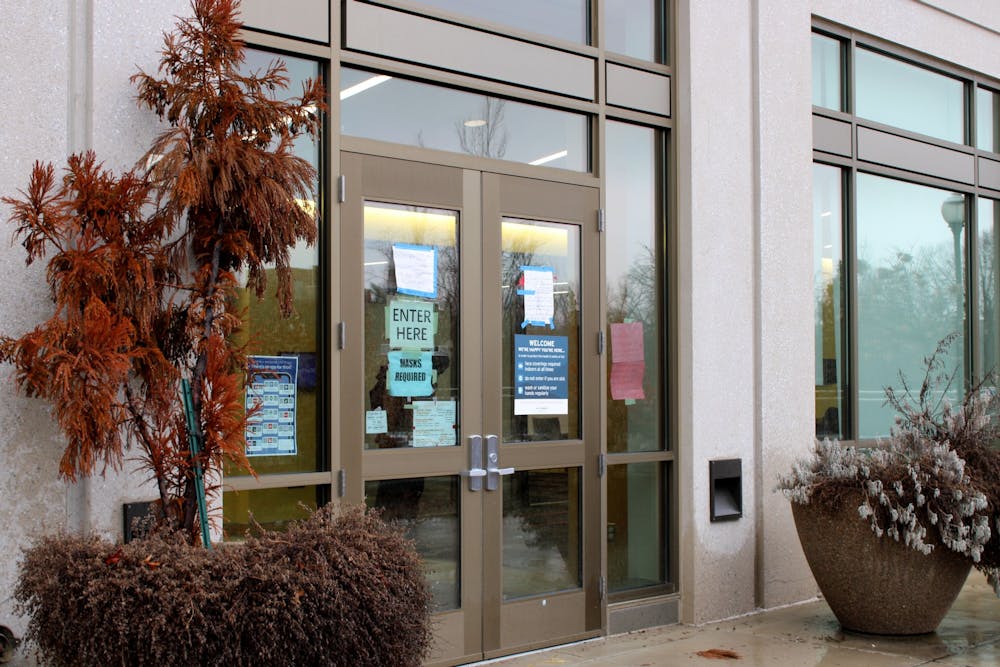The University confirmed in a Feb. 11 email to The Eagle that it will not enforce its new coronavirus surveillance testing protocol, and community members are instead expected to participate as part of the University’s “community of care.”
The Office of Campus Life announced the new testing protocol, which requires testing for a randomized sample of about 15 percent of the student body each week, in an email to the University community on Feb. 4. The email said “all students, faculty and staff are expected to participate,” however, there were no specific details provided about whether or not the testing would be mandatory. Students who tested positive for COVID-19 in the past 90 days are not required to test.
Elizabeth Deal, the University’s assistant vice president for community and internal communication, explained that testing was not the “definitive measure” in the University’s approach to health and safety, but rather one element of a more complex strategy.
“As in the case of other universities, we are not going to mobilize the resources of Human Resources and the Student Conduct Office to institute punitive measures,” she wrote.
During the mid-semester residential experience in the spring of 2021, the University required testing and restricted tap access to buildings.
The George Washington University, another D.C. university, mandates testing every two weeks for vaccinated students and enforces its requirement by restricting access to campus facilities. Swipe access to buildings is disabled if the requirement is not fulfilled and is reactivated within an hour of testing.
“There’s a precedent of using those kinds of policies here, there’s a precedent of it at other universities now,“ said Katherine Greenstein, a sophomore in the School of Public Affairs and president of the Disabled Student Union, calling the University’s choice not to enforce surveillance testing “neglect.”
Shelby Maloney, a junior visiting the University for a semester, was selected to participate in surveillance testing during the first week of the protocol.
“The way they had advertised it, I assumed it was required,” Maloney said.
Maloney said this portrayal could have a positive effect on testing compliance and said she was uncertain whether there was a way the University could enforce testing regardless.
“We have a multi-layered approach to health and safety, and surveillance testing is one tool among many that we are deploying. However, testing by itself is not the definitive measure,” Deal said.





